In the early months of 2022, as Russia’s full-scale invasion of Ukraine unleashed chaos and displacement, Poland emerged as a beacon of solidarity. Cities like Rzeszów transformed their central squares into hubs of humanitarian aid, with volunteers distributing food, blankets, and hope to weary Ukrainian refugees fleeing the war. Polish homes opened to strangers, and Ukrainian flags fluttered in windows as a symbol of unity. Rzeszów, a key transit point for hundreds of thousands of displaced people, earned the title of “Rescuer City” from Ukrainian President Volodymyr Zelensky. Yet, by April 2025, the same square in Rzeszów echoed with a different sentiment. Crowds cheered for Sławomir Mentzen, a far-right presidential candidate, who accused Ukrainians of exploiting Polish generosity, treating Poles “like suckers.” This stark shift in public mood, reflected in a survey showing only 25% of Poles view Ukrainians positively in 2024 compared to 83% in 2022, underscores how Ukrainian refugees have become a contentious issue in Poland’s May 18, 2025, presidential election. This article explores the dynamics driving this change, the role of political rhetoric, the socio-economic and historical factors at play, and the broader implications for Poland-Ukraine relations.
The Initial Wave of Solidarity: Poland’s Response to the Ukrainian Crisis
A Nation Opens Its Doors
When Russia launched its invasion of Ukraine in February 2022, Poland faced an unprecedented influx of refugees. An estimated 1.5 million Ukrainians, primarily women and children, crossed the border, seeking safety in a nation of 38 million. Polish society responded with remarkable compassion. Volunteers flocked to border towns, offering food, clothing, and transportation. In Rzeszów, the central square became a lifeline, bustling with aid workers and donations. Private citizens opened their homes, and the government streamlined bureaucratic processes to grant temporary protection status to refugees. By March 2022, Poland had become a logistical hub for Western arms deliveries to Ukraine and a vocal advocate for Kyiv’s interests on the global stage.
Public support for aiding Ukrainians was overwhelming, with a 2022 survey by the Public Opinion Research Center in Warsaw reporting 94% approval for helping refugees. This “natural moral reflex,” as sociologist Piotr Długosz of Jagiellonian University described it, was rooted in Poland’s historical empathy for its neighbor, shaped by shared experiences of Russian aggression during and after World War II. Poles saw Ukrainians as “brothers,” part of a European family resisting a common threat.
Rzeszów: The “Rescuer City”
Rzeszów, located just 60 miles from the Ukrainian border, epitomized this solidarity. Its strategic position made it a critical gateway for refugees and military aid. The city’s residents organized round-the-clock support, with local businesses and schools contributing resources. President Zelensky’s designation of Rzeszów as a “Rescuer City” in 2022 was a testament to its role. However, this spirit of unity began to fray as the war dragged on, economic pressures mounted, and political narratives shifted.
The Rise of Sławomir Mentzen and Anti-Ukrainian Rhetoric
Who Is Sławomir Mentzen?
Sławomir Mentzen, a 38-year-old entrepreneur, tax advisor, and politician, has emerged as a polarizing figure in Poland’s 2025 presidential election. As the leader of the New Hope party and a key figure in the far-right Confederation Liberty and Independence coalition, Mentzen has capitalized on social media, particularly TikTok, to amass 1.5 million followers—the highest of any Polish politician. His campaign, branded a “commonsense revolution,” promotes libertarian policies like low taxes, sealed borders, and liberalized gun ownership, while opposing abortion, the EU’s Green Deal, and “leftist ideology.”
Mentzen’s rise from a fringe figure to a serious contender, polling at 13-22% by April 2025, reflects growing discontent with Poland’s political establishment. His appeal, particularly among young and rural voters, stems from his image as a self-made businessman with a PhD in economics and a knack for engaging online content. However, his rhetoric on Ukrainian refugees has sparked controversy, resonating with a segment of Poles frustrated by the perceived burdens of hosting nearly 1 million refugees.
The “Suckers” Comment and Beyond
At a rally in Rzeszów on April 10, 2025, Mentzen accused Ukrainians of treating Poles “like suckers,” arguing that Poland’s generosity—free healthcare, social benefits, and education for refugees—has been met with ingratitude.
“We send weapons to Ukraine, we send money, we provide medical treatment for free to Ukrainians who don’t even have insurance, while Poles have to pay,”he told supporters, adding that Ukraine would not defend Poland if Russia attacked. This narrative, echoed by Mentzen’s campaign stops across 200 Polish counties, paints Ukrainian refugees as a drain on resources, exacerbating tensions over housing, schools, and healthcare.
Mentzen’s rhetoric extends to historical grievances, particularly the legacy of Stepan Bandera, a Ukrainian nationalist leader whose followers were responsible for the Volhynia massacres of 1943-45, which killed around 100,000 Polish civilians. In February 2025, Mentzen visited Lviv and filmed a video at a Bandera monument, calling him a “terrorist” and equating his veneration to “building a Hitler monument in Germany.” The stunt provoked a sharp response from Lviv Mayor Andriy Sadovyi, who labeled Mentzen a “pro-Russian politician with a Polish passport.” Mentzen retaliated by threatening to ban Sadovyi from Poland if elected, further inflaming tensions.
Other Candidates Join the Fray
Mentzen is not alone in leveraging anti-Ukrainian sentiment. Karol Nawrocki, the Law and Justice (PiS) candidate polling at 16-26%, has vowed to prioritize Polish citizens over Ukrainians in access to medical services and schools, declaring,
“Poland first. Poles first.”Nawrocki has criticized Ukraine’s leadership as “indecent and ungrateful” and expressed skepticism about its EU and NATO membership until historical issues, like the Volhynia massacres, are resolved. Even Rafał Trzaskowski, the liberal frontrunner from Civic Coalition polling at 33-38%, has adjusted his stance, proposing in January 2025 that only Ukrainian refugees who work and pay taxes should receive the “800+” child benefit (800 zlotys, or $210, per month per child).
This convergence of rhetoric across the political spectrum reflects a strategic calculation: as public support for refugees wanes, candidates see electoral gains in adopting a tougher stance. A February 2025 poll by the Mieroszewski Center found that only 40% of Poles support assistance for Ukrainian refugees, down from 69% in 2022, while 57% believe Ukraine should seek peace with Russia, even at the cost of territorial concessions.
The Erosion of Public Support: Economic and Social Strains
Economic Pressures and Perceptions of Inequality
The decline in Polish support for Ukrainian refugees is closely tied to economic challenges. Poland’s economy, while robust, has faced inflation and rising living costs, particularly in housing. Mentzen and others have blamed refugees for inflating housing prices and overcrowding schools, claims that resonate with rural and working-class voters. Farmers, a vocal constituency, have protested Ukrainian agricultural imports, fearing competition. In 2024, Polish farmers blockaded border crossings, disrupting trade and highlighting economic tensions.
These perceptions of inequality are amplified by disparities in social benefits. For example, Ukrainian refugees have access to free healthcare and the “800+” child benefit, which some Poles argue disadvantages citizens who face long waits for medical services. A November-December 2024 Mieroszewski Center poll revealed that 30% of Poles view Ukrainians negatively, and over 50% believe refugee aid is excessive. However, Ukrainian Ambassador Vasyl Bodnar counters these claims, noting that only 35,000 refugees receive support without working, while 70,000 Ukrainian-run businesses contribute significantly to Poland’s economy, adding an estimated $4 billion more in taxes than they consume in benefits.
Cultural and Historical Tensions
Beyond economics, cultural and historical factors fuel anti-Ukrainian sentiment. The unresolved legacy of the Volhynia massacres remains a flashpoint. Poland has long sought exhumations of Polish victims in Ukraine, a process complicated by Kyiv’s recognition of Bandera and the Organization of Ukrainian Nationalists (OUN) as independence fighters. Mentzen’s Lviv video and PiS’s proposed legislation to ban “Banderism” alongside Nazism and communism reflect efforts to weaponize this history for electoral gain.
Cultural differences also play a role. Małgorzata Bonikowska, president of the Center for International Relations, notes that Poles sometimes perceive Ukrainians as “pushy or entitled,” leading to friction in daily interactions. These stereotypes, amplified by far-right rhetoric, erode the sense of brotherhood that defined 2022.
The Political Context: A Three-Horse Race
The Candidates and Their Strategies
The 2025 presidential election, with its first round on May 18 and a likely runoff on June 1, is a three-horse race. Rafał Trzaskowski, the Warsaw mayor and Civic Coalition candidate, leads with 33-38% support. His progressive platform appeals to urban voters, but his shift on refugee benefits shows an attempt to capture moderate voters wary of Mentzen’s rise. Karol Nawrocki, backed by PiS, holds 16-26% but has struggled with campaign missteps, including a controversial meatpacking plant visit on the third anniversary of Russia’s invasion. Mentzen, polling at 13-22%, has surged by appealing to young and disaffected voters, particularly in rural areas.
Mentzen’s success lies in his ability to “detoxify” Confederation’s image, as described by analyst Daniel Tilles. Once a chaotic coalition of far-right groups, Confederation has become more professional under Mentzen and co-leader Krzysztof Bosak, blending libertarian economics with nationalist rhetoric. Mentzen’s 20-point platform, including “no Polish troops in Ukraine” and “sealed borders,” echoes themes popularized by U.S. President Donald Trump, whose 2024 election victory has emboldened Poland’s right wing.
The Role of Social Media
Mentzen’s mastery of social media, particularly TikTok, has been pivotal. His 40 million views on the platform dwarf competitors, allowing him to connect with first-time voters. Videos showcasing his “Beer with Mentzen” events, where he discusses policy over craft beer from his Browar Mentzen brewery, project an approachable image. This contrasts with Nawrocki’s staid historian persona and Trzaskowski’s urban elite reputation, giving Mentzen an edge in shaping public sentiment.
Hidden Truths and Misconceptions
The Economic Contribution of Ukrainians
While Mentzen and Nawrocki portray refugees as a burden, economists argue otherwise. Ukrainian businesses and workers have bolstered Poland’s economy, filling labor shortages in construction, agriculture, and services. The $4 billion net contribution cited by Ambassador Bodnar suggests refugees are a boon, not a drain. However, this data is often overshadowed by populist narratives that exploit economic anxieties.
The Bandera Controversy: A Distraction?
The focus on Stepan Bandera serves as a potent political tool but distracts from broader issues. While Bandera’s legacy is divisive, Ukraine’s veneration of him is rooted in his role as a symbol of resistance against Soviet oppression, not an endorsement of anti-Polish violence. Poland’s insistence on exhumations and bans risks alienating Ukraine at a time when unity against Russia is critical. Mentzen’s Lviv stunt, while resonant with Polish nationalists, ignores the complexity of Ukraine’s historical narrative.
Implications for Poland-Ukraine Relations
A Cooling Alliance
Poland remains one of Ukraine’s staunchest allies, but the election’s anti-Ukrainian rhetoric threatens this partnership. The expiration of the EU’s Autonomous Trade Measures in June 2025, opposed by Poland and others, could further strain economic ties. If Mentzen or Nawrocki wins, policies prioritizing Poles over refugees could exacerbate tensions, potentially reducing aid and complicating integration efforts.
The Broader European Context
Poland’s shift mirrors trends across Europe, where fatigue with the Ukraine war and refugee inflows fuels populist movements. Hungary, Slovakia, and Bulgaria have also resisted EU policies supporting Ukraine. The return of Donald Trump to the U.S. presidency in 2025, with his skepticism of aid to Ukraine, adds pressure on European nations to reassess their commitments. Poland’s election could thus signal a broader realignment in the pro-Ukraine coalition.
Conclusion: A Test of Solidarity
The transformation of Ukrainian refugees from a unifying cause to a wedge issue in Poland’s 2025 presidential election reflects a complex interplay of economic, cultural, and political forces. Sławomir Mentzen’s rise, fueled by anti-Ukrainian rhetoric and social media savvy, highlights the fragility of wartime solidarity. While candidates like Nawrocki and even Trzaskowski adapt to this mood, the erosion of public support—evident in surveys showing only 25% of Poles view Ukrainians positively—poses risks for Poland-Ukraine relations and Europe’s broader stance on the war.
Yet, the narrative is not one-sided. Ukrainian contributions to Poland’s economy and shared strategic interests against Russia underscore the need for cooperation. As sociologist Rafał Pankowski notes,
“There is still very stable support for helping Ukraine. We truly believe Ukrainians are Europeans, they are like our brothers.”The election’s outcome will test whether Poland can balance domestic pressures with its role as a regional leader, preserving the spirit of Rzeszów’s “Rescuer City” amid a challenging new reality.


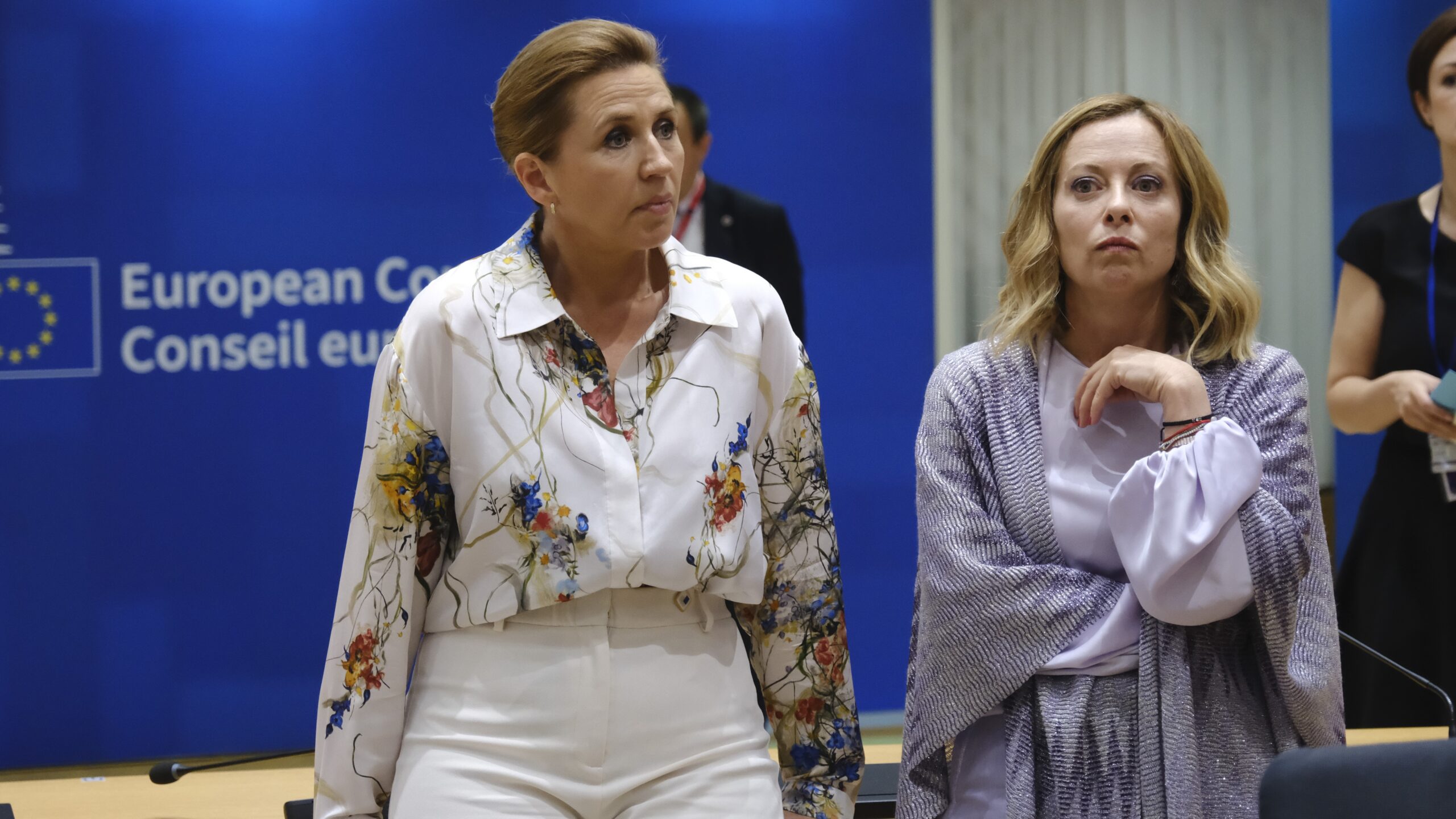





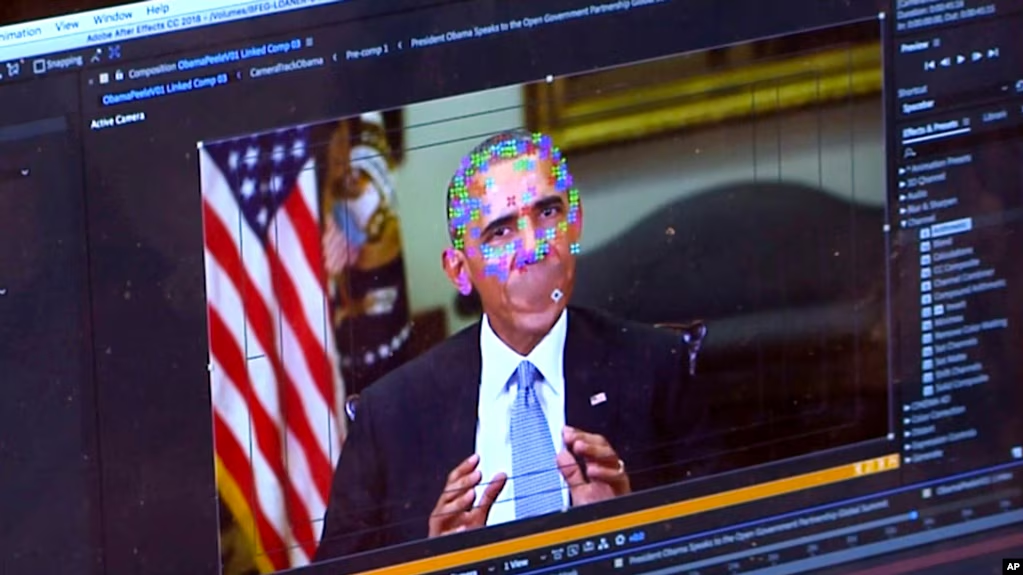


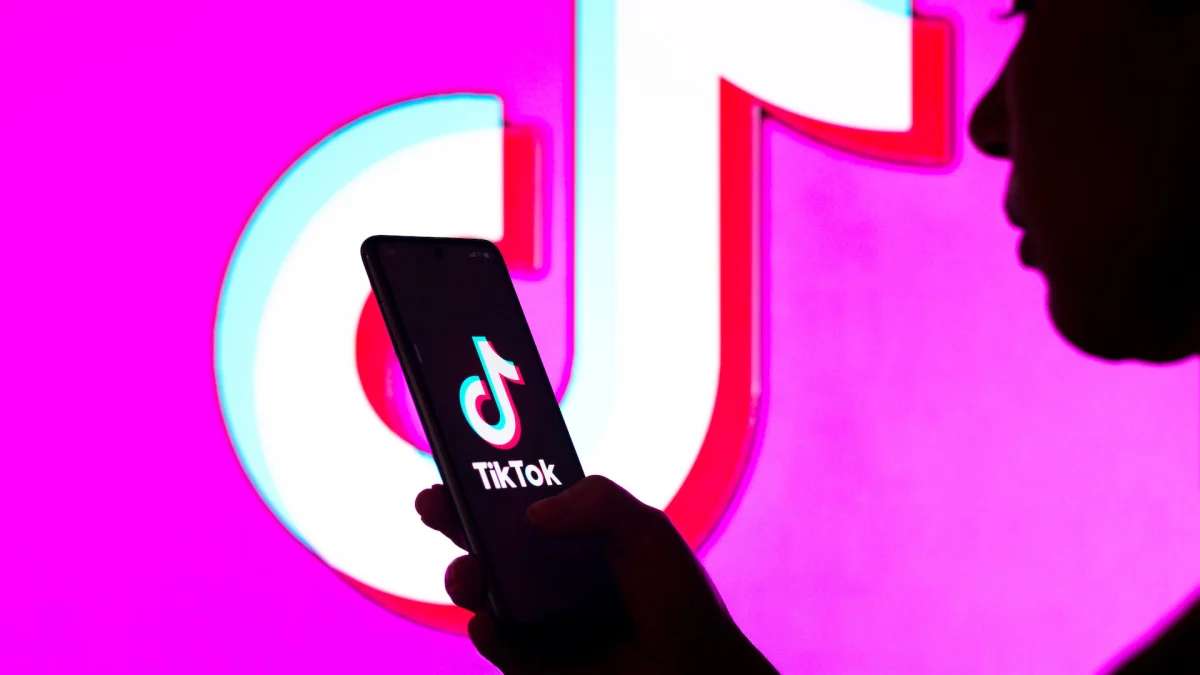








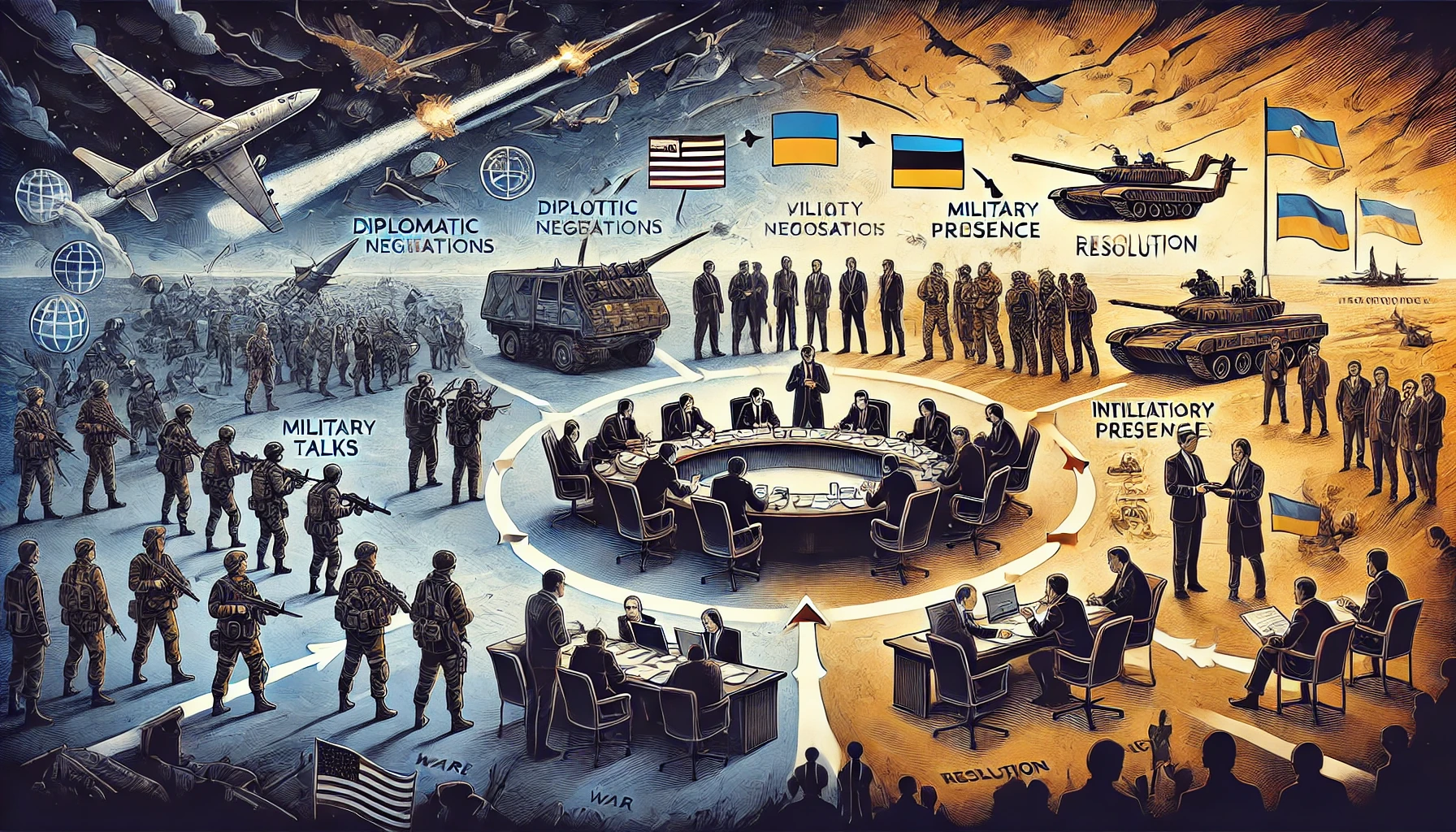


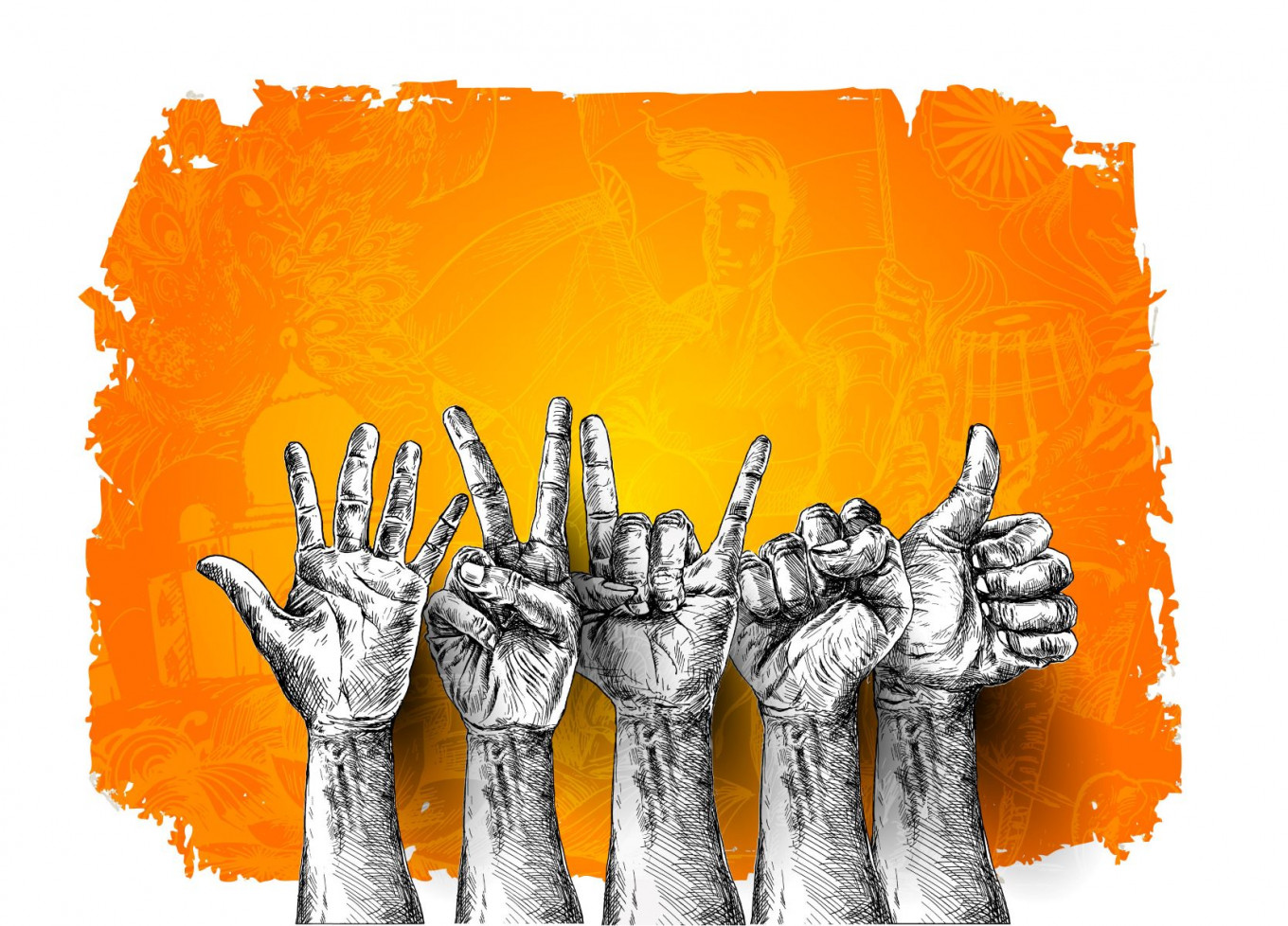
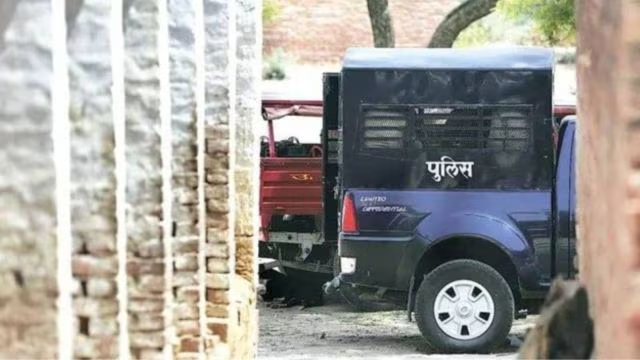
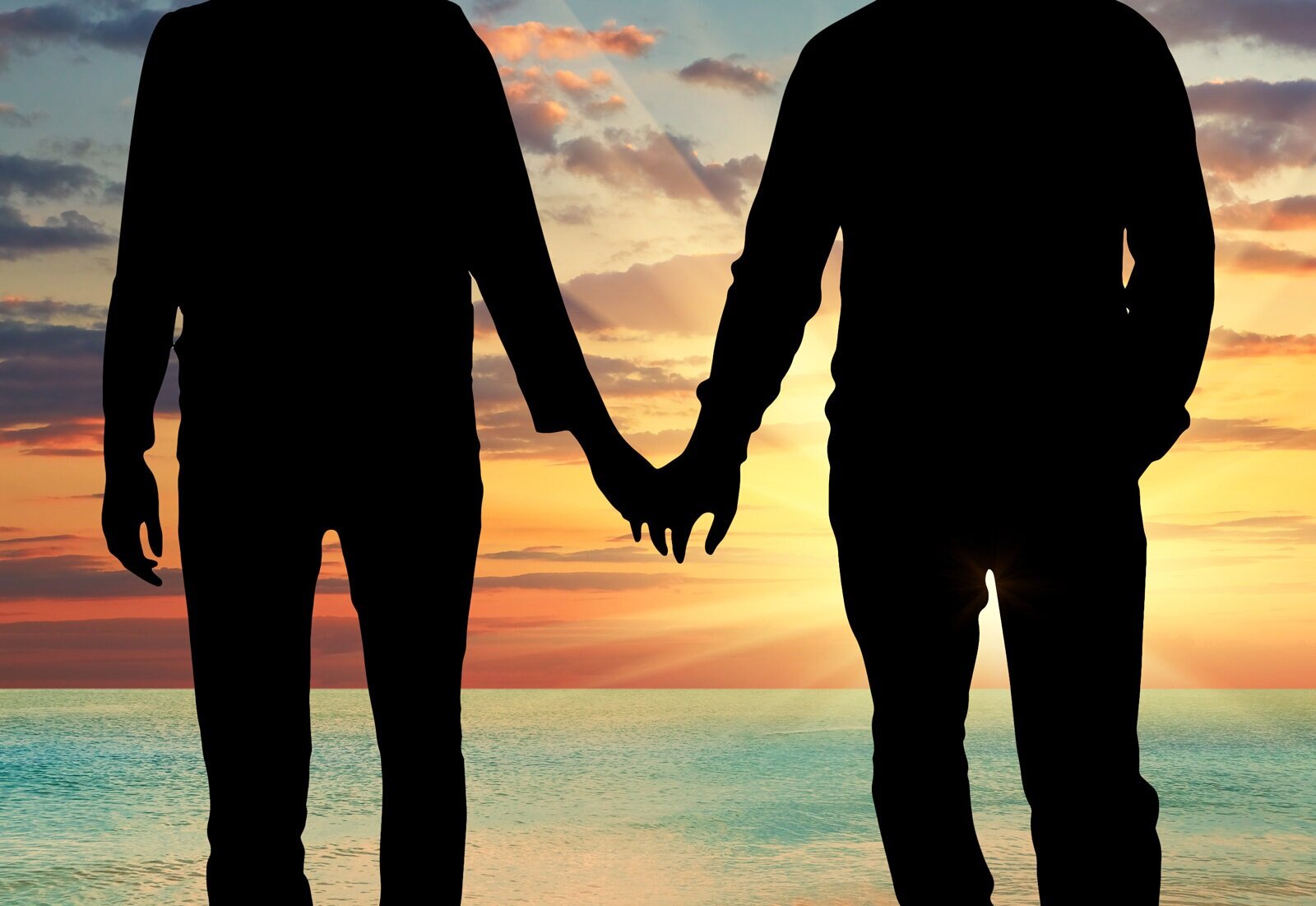
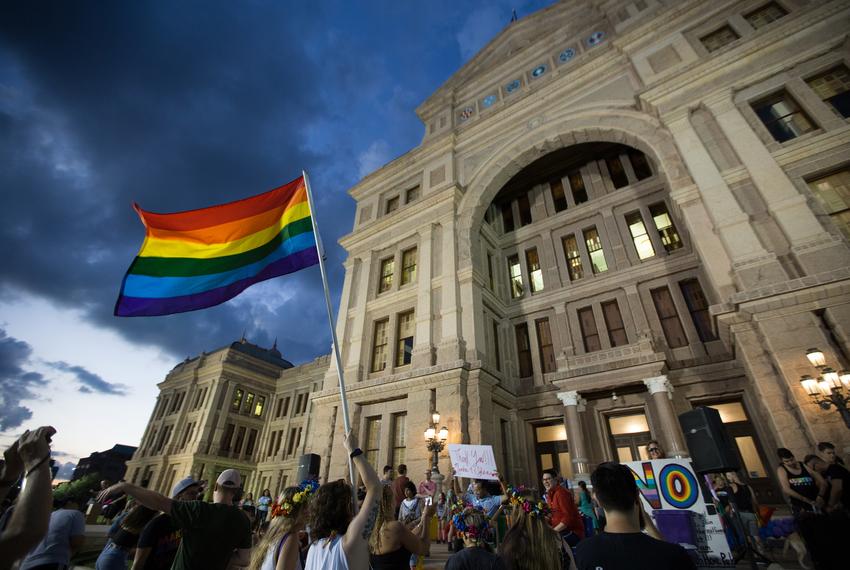
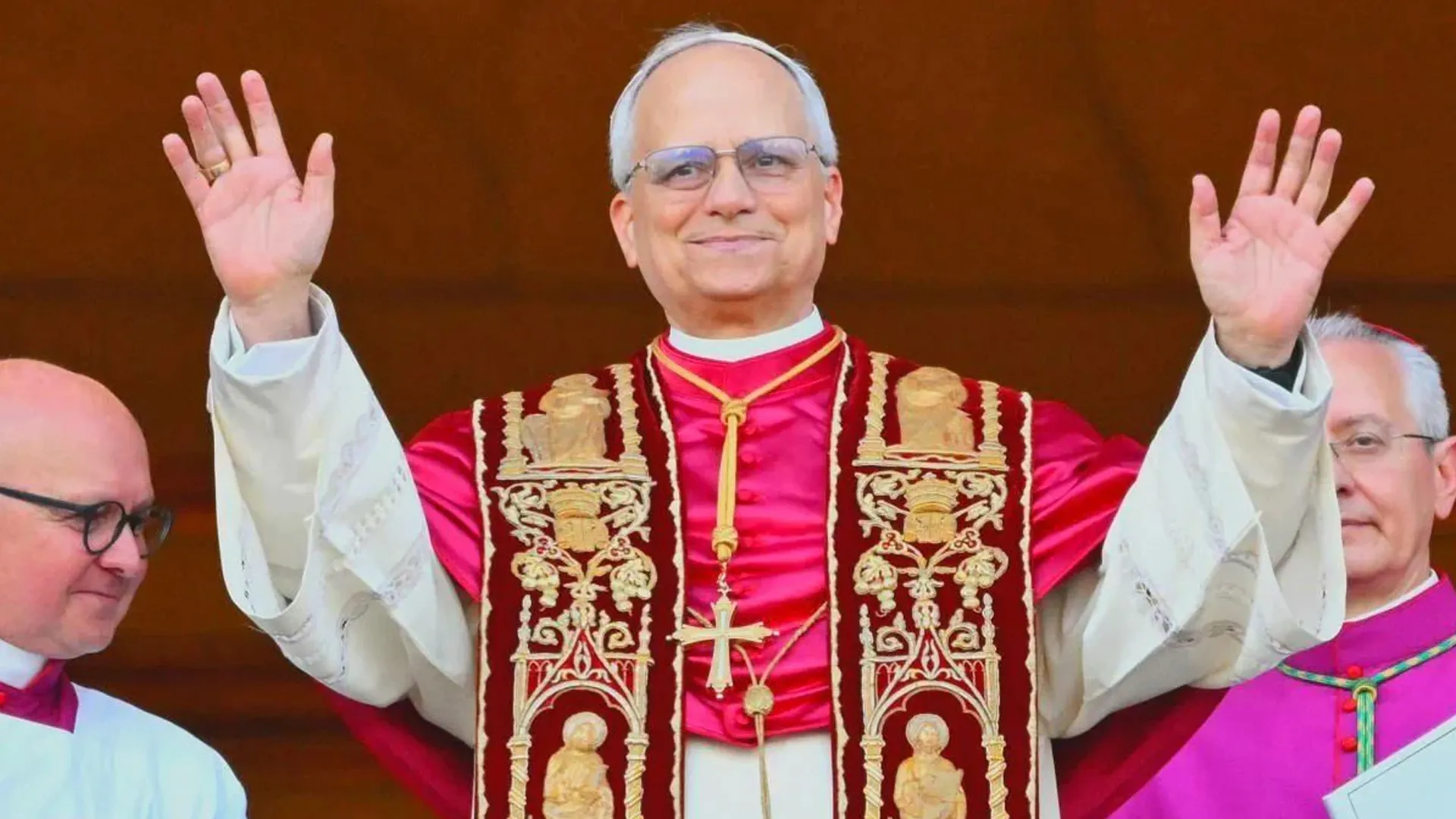
0 Comments